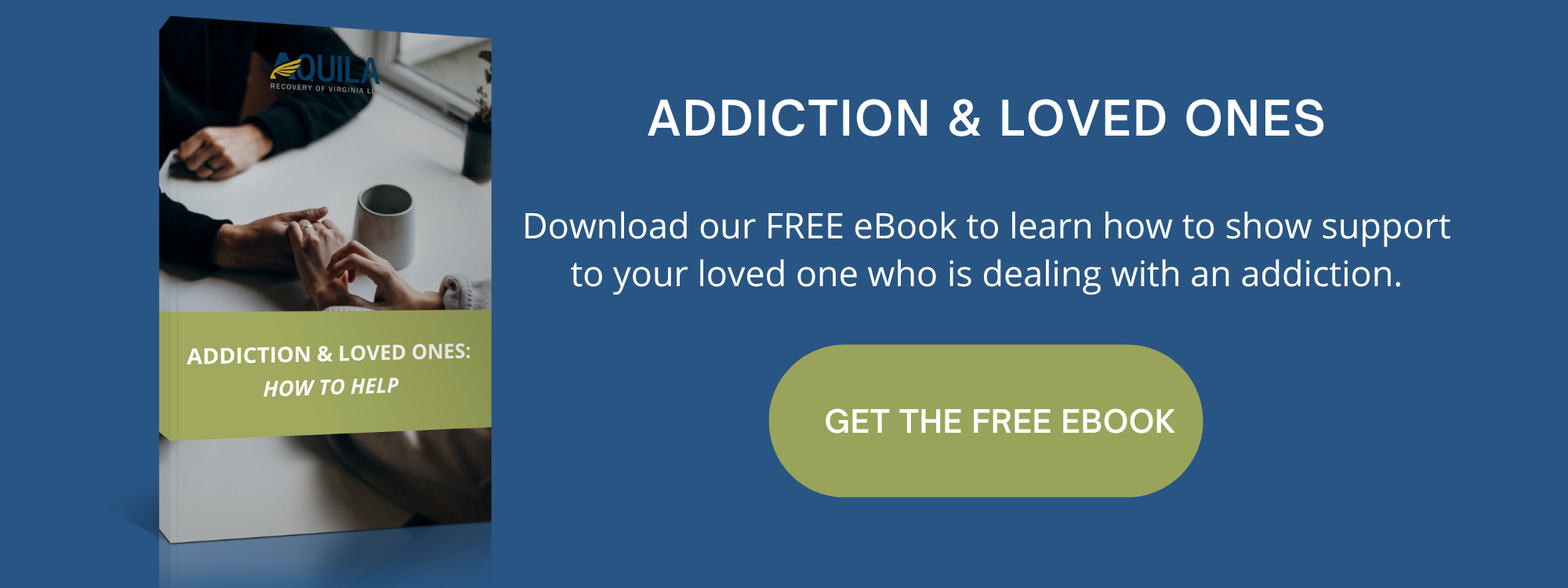Parents always worry about their kids. How they will do in school, who their friends will be, what will they do for work when they grow up and will they be healthy? These are natural worries of a parent. In addition, many parents worry about if their children will develop a substance use disorder (addiction). These thoughts are certainly in the minds of parents who suffer, or have suffered from, a substance use disorder themselves.
What we know from research is that 40-70% of the risk of developing an addiction is genetic. That is good news if you have never had problems with substance use, and bad news if you have. It’s not a sure thing, though. The good news for both types of parents is that a significant amount of the risk for substance use and addiction is environmental and therefore can be affected in a positive way.

Life stress in childhood is a known risk factor for substance use disorders. The stress pathways in the brain are activated during times of physical, emotional, and sexual abuse; neglect; household instability (such as parental substance use and conflict, mental illness, or incarceration of household members); and poverty. In addition, the earlier someone’s brain is subjected to substances, the higher the risk of developing an addiction.
Adolescence is a particularly important time in the development of the brain. A teenager’s brain is continuing to develop and one of the most important parts of the brain (the frontal cortex) is not mature until the mid 20’s. Substance use in adolescence can damage the frontal cortex and limit the person’s ability to reach their full potential and “re-wires” the brain to encourage use of substances.
Parents are the most influential people in the lives of their children, and that is especially true for addiction risk. Anything that can be done to reduce the stress in a child’s home will have benefits for the child and will reduce their risk of developing substance use disorders. Likewise, enforcing rules that delay the exposure to substances until the latest age possible will pay dividends for that child’s health, both physically and mentally.
If you would like more information on the risks for substance use disorder and how to reduce them, the professionals at Aquila Recovery are here to help you.

